Why Puerto Rico is starving
Thanks to poor policy design, congressional dithering, and a hostile White House, hundreds of thousands of the most vulnerable Puerto Ricans are about to go hungry


A free daily email with the biggest news stories of the day – and the best features from TheWeek.com
You are now subscribed
Your newsletter sign-up was successful
Puerto Rico has weathered two hurricanes, tens of billions in damage, thousands of deaths, and a decade-long economic recession. Now, thanks to poor policy design, congressional dithering, and a hostile White House, critical aid for hundreds of thousands of the most vulnerable Puerto Ricans is vanishing as well.
Puerto Ricans are American citizens, but the island itself is a territory of the United States rather than a state. That comes with lots of differences and limitations in how federal tax law and aid programs are administered on the island. One of the biggest differences has to to do with the Supplemental Nutrition Assistance Program (SNAP), which most people know as food stamps.
Here in the states, SNAP has no set budget or spending level. Instead, the program has set benefits and eligibility requirements, and then spends whatever it takes to cover all the Americans who qualify. This automatic response gets aid to the people who need it, as quickly as possible, without having to rely on Congress to pass yet another bill. It also pumps additional spending money into the economy, helping the recovery.
The Week
Escape your echo chamber. Get the facts behind the news, plus analysis from multiple perspectives.

Sign up for The Week's Free Newsletters
From our morning news briefing to a weekly Good News Newsletter, get the best of The Week delivered directly to your inbox.
From our morning news briefing to a weekly Good News Newsletter, get the best of The Week delivered directly to your inbox.
But Puerto Rico's version of SNAP — the acronym is just "NAP" — doesn't automatically adjust. Instead, the federal government just gives Puerto Rico a fixed amount of money each year, and NAP has to make do. Congress steps in every so often to adjust the dollar amount to keep up with inflation or to top up the program during a crisis. NAP did get a boost in 2009, following the Great Recession. And in early 2018, Congress passed an extra $1.27 billion for NAP, to help the island deal with the crushing double blow of Hurricanes Irma and Maria in 2017.
But there are two underlying problems with this setup.
The first is that Congress provides NAP too little money. In 2017, for instance — after the 2009 boost had run its course, but before the hurricane relief had come in — the average SNAP household in the states was getting 23 percent more than NAP households were getting in Puerto Rico. NAP deals with its shortfall by making eligibility requirements a lot more stringent. Yet Puerto Rico's median income isn't even half that of the poorest U.S. state, and people on the island are four times more likely than mainlanders to qualify as food insecure.
The second problem is that Congress doesn't always get its act together in time. Which is what happened earlier this year.
A free daily email with the biggest news stories of the day – and the best features from TheWeek.com
NAP's boost in 2018 briefly increased the maximum benefit allowed to a family of four to $649 a month — the same typical benefit for a family of four on SNAP. But now, that extra $1.27 billion has run out. Puerto Rico's governor, Ricardo Rosselló, requested an additional $600 billion for the program back in November — enough to keep NAP at its $649-a-month level for another six months. So policymakers had plenty of early warning. But it wasn't until Democrats took control of the House in January that the chamber passed a law approving the additional money.
The Senate has not yet moved. Senate Majority Leader Mitch McConnell (R-Tenn.) reportedly wanted to get a package through in mid-March, but the chamber got bogged down in debates over President Trump's declaration of a national emergency on the southern U.S. border. Then the Senate adjourned for a week, losing even more time. Now the $600 million is finally making its way through the Senate, part of a larger disaster relief package spearheaded by Rep. David Perdue (R-Ga.). Though when — or even if — it will actually pass remains to be seen.
Meanwhile, NAP benefits are reverting to their inadequate, pre-crisis levels, even as Puerto Rico is still a long way from recovering from the hurricanes. The typical monthly allotment has fallen back to $410 a month for a family of four. Earlier this month, 676,898 people had already seen their benefits cut by one fourth on average, and the reductions are still spreading. A recent projection by the Center on Budget and Policy Priorities suggests that, unless Congress passes another boost, cuts on that scale will spread to basically all of NAP’s 1.4 million recipients — just over a third of Puerto Rico's entire population. Up to 230,000 people could lose benefits entirely. Just over half of those 1.4 million recipients are either children, the elderly, or the disabled. The vast majority of the rest are either working or looking for work, which isn't exactly easy to find in a territorial economy with 9.3 percent unemployment.
"It is dangerous. People don't have enough money to buy food already," Socorro Rivera, the executive director of a nonprofit group that provides food for the homeless, told The Washington Post. "It's obvious a lot of people will have severe problems."
The most perverse aspect of the whole episode is that Trump's personal contempt for Puerto Rico's struggles has reportedly kept Senate Republicans from acting. While Trump is apparently on board with the additional $600 million for NAP, he reportedly believes the rest of the disaster relief aid to Puerto Rico would be a complete waste. He's signaled he'll oppose anything beyond the $600 million, placing the whole legislative package in jeopardy.
Trump's apparently convinced the Puerto Rican government is using the aid to pay off its creditors rather than rebuild the island. This isn't happening, and it looks like the basis for Trump's fury is a misreading of a Wall Street Journal report that Puerto Rican bonds increased in value on news of fresh disaster relief. But that simply means future growth for the island will be stronger if more disaster aid comes, which will mean a more robust tax base, which will make Puerto Rico less likely to default on its debt. So investors are willing to pay more to hold the bonds.
That said, the legal obligation to pay those creditors is definitely driving Puerto Rico into the doom loop of austerity: The island is raising taxes and cutting public investment to get enough surplus cash to pay back its debts. But those same policies drive the economy further into the ditch, wrecking tax receipts in the process. What the island desperately needs is an injection of money from outside.
Passing the $600 million boost to NAP would definitely be a good start. Even better would be simply revising the law to make NAP as generous and automatic as the rest of SNAP.
Jeff Spross was the economics and business correspondent at TheWeek.com. He was previously a reporter at ThinkProgress.
-
 How the FCC’s ‘equal time’ rule works
How the FCC’s ‘equal time’ rule worksIn the Spotlight The law is at the heart of the Colbert-CBS conflict
-
 What is the endgame in the DHS shutdown?
What is the endgame in the DHS shutdown?Today’s Big Question Democrats want to rein in ICE’s immigration crackdown
-
 ‘Poor time management isn’t just an inconvenience’
‘Poor time management isn’t just an inconvenience’Instant Opinion Opinion, comment and editorials of the day
-
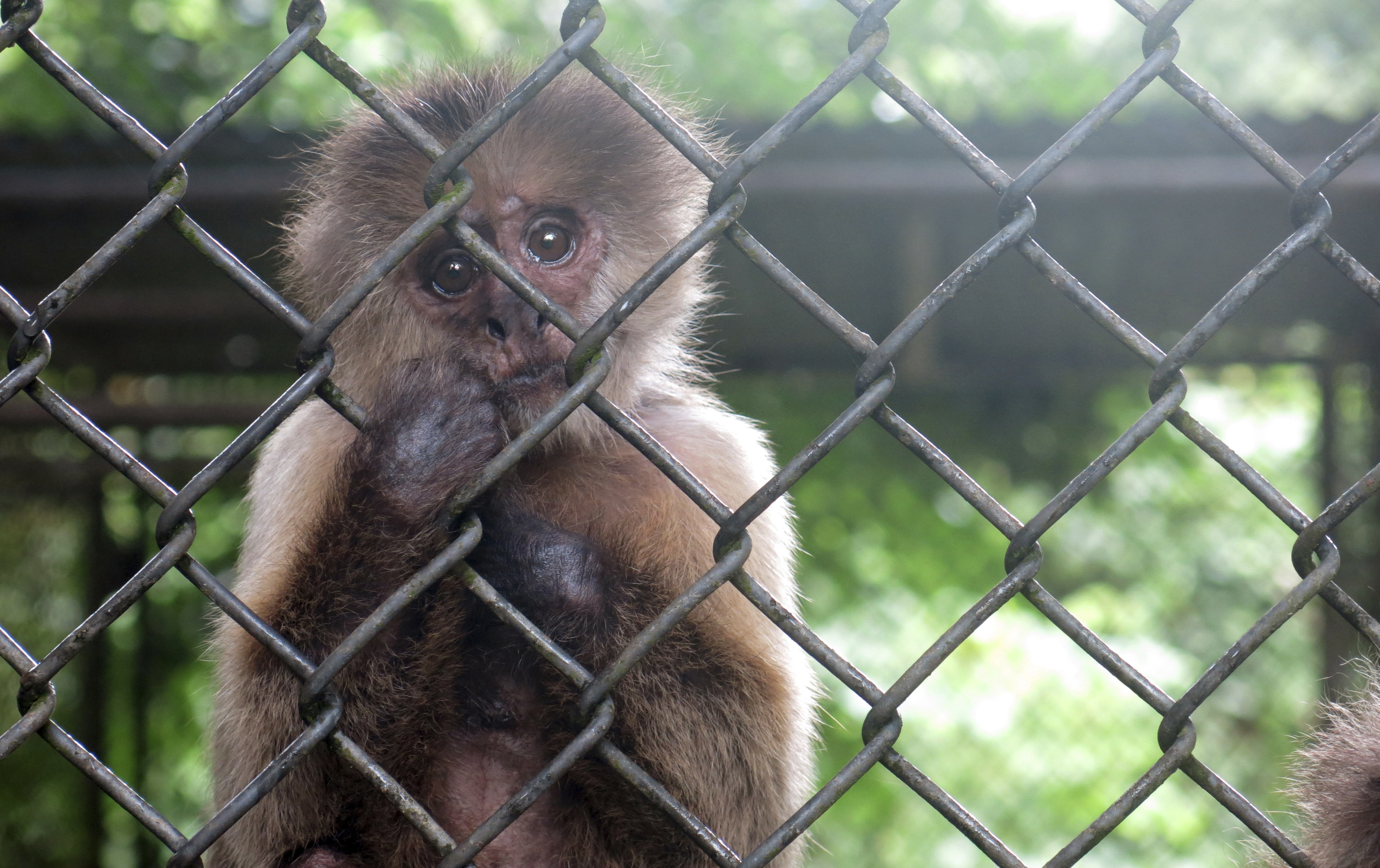 Puerto Rico's only zoo to close after years of animal welfare complaints
Puerto Rico's only zoo to close after years of animal welfare complaintsSpeed Read
-
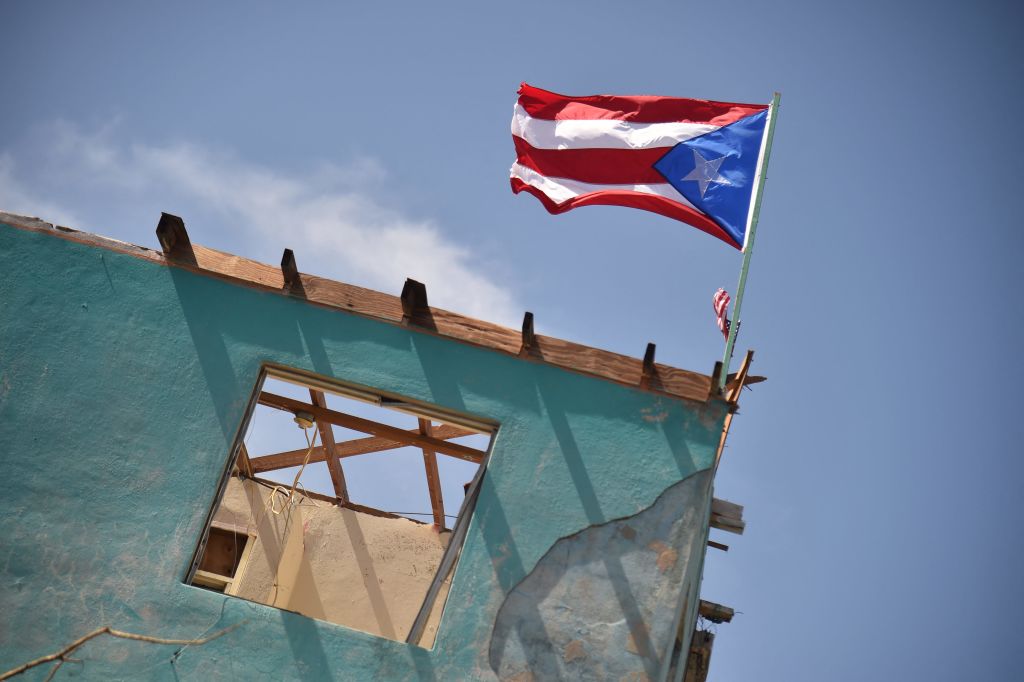 The House has pushed Puerto Rico one step closer to possible statehood. What will the Senate do?
The House has pushed Puerto Rico one step closer to possible statehood. What will the Senate do?Speed Read
-
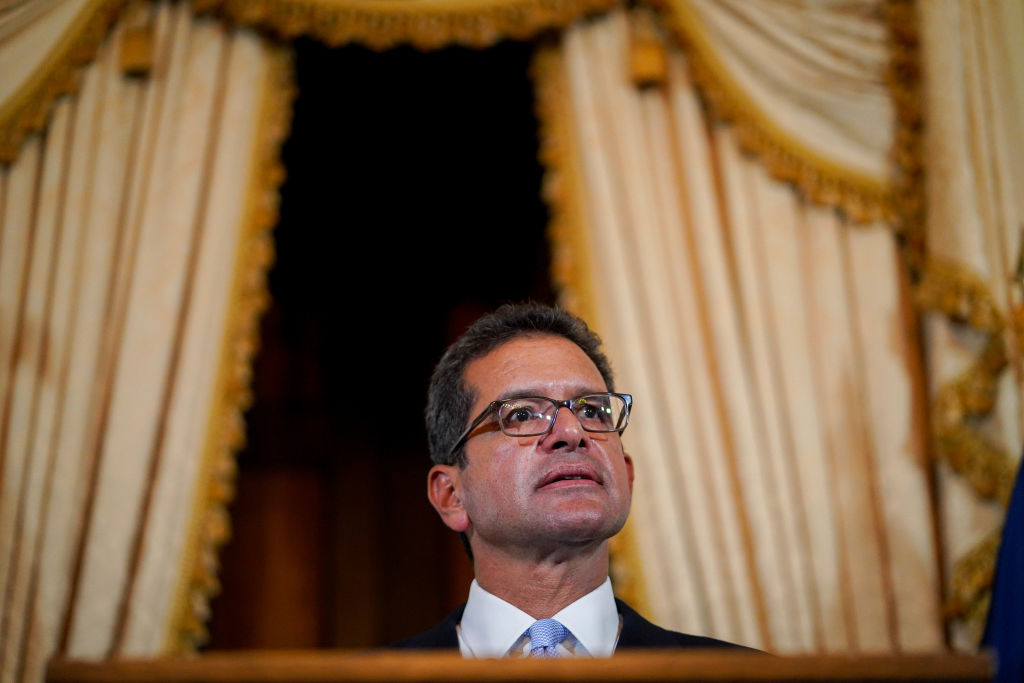 Puerto Rico has a new governor — for now
Puerto Rico has a new governor — for nowSpeed Read
-
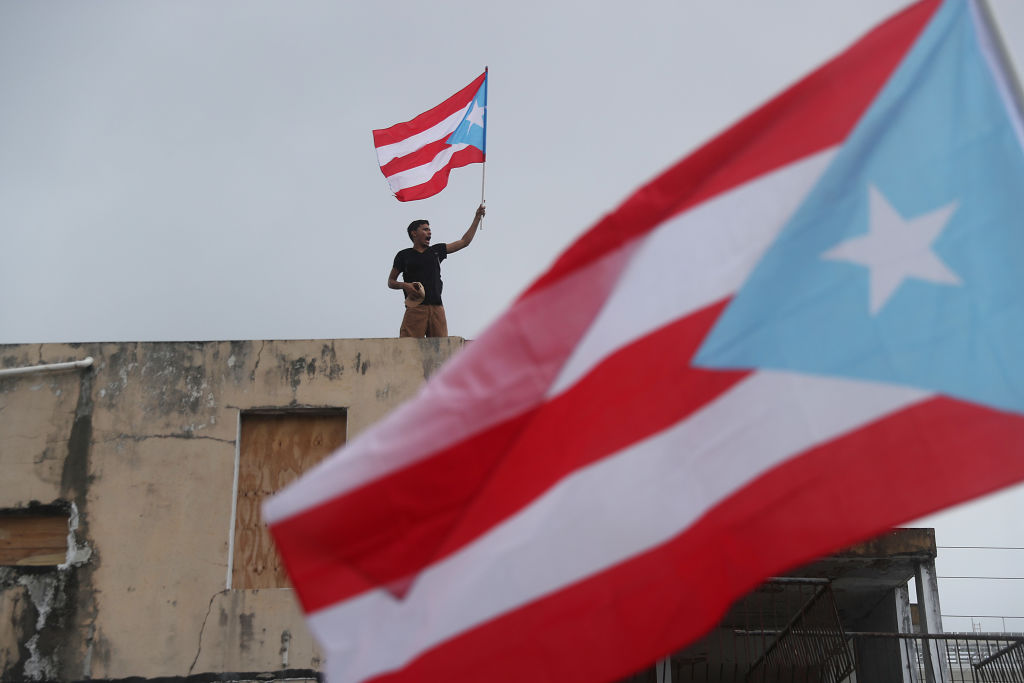 Official set to become the next governor of Puerto Rico says she doesn't want the job
Official set to become the next governor of Puerto Rico says she doesn't want the jobSpeed Read
-
 Why on Earth does the Olympics still refer to hundreds of athletes as 'ladies'?
Why on Earth does the Olympics still refer to hundreds of athletes as 'ladies'?The Explainer Stop it. Just stop.
-
 How to ride out the apocalypse in a big city
How to ride out the apocalypse in a big cityThe Explainer So you live in a city and don't want to die a fiery death ...
-
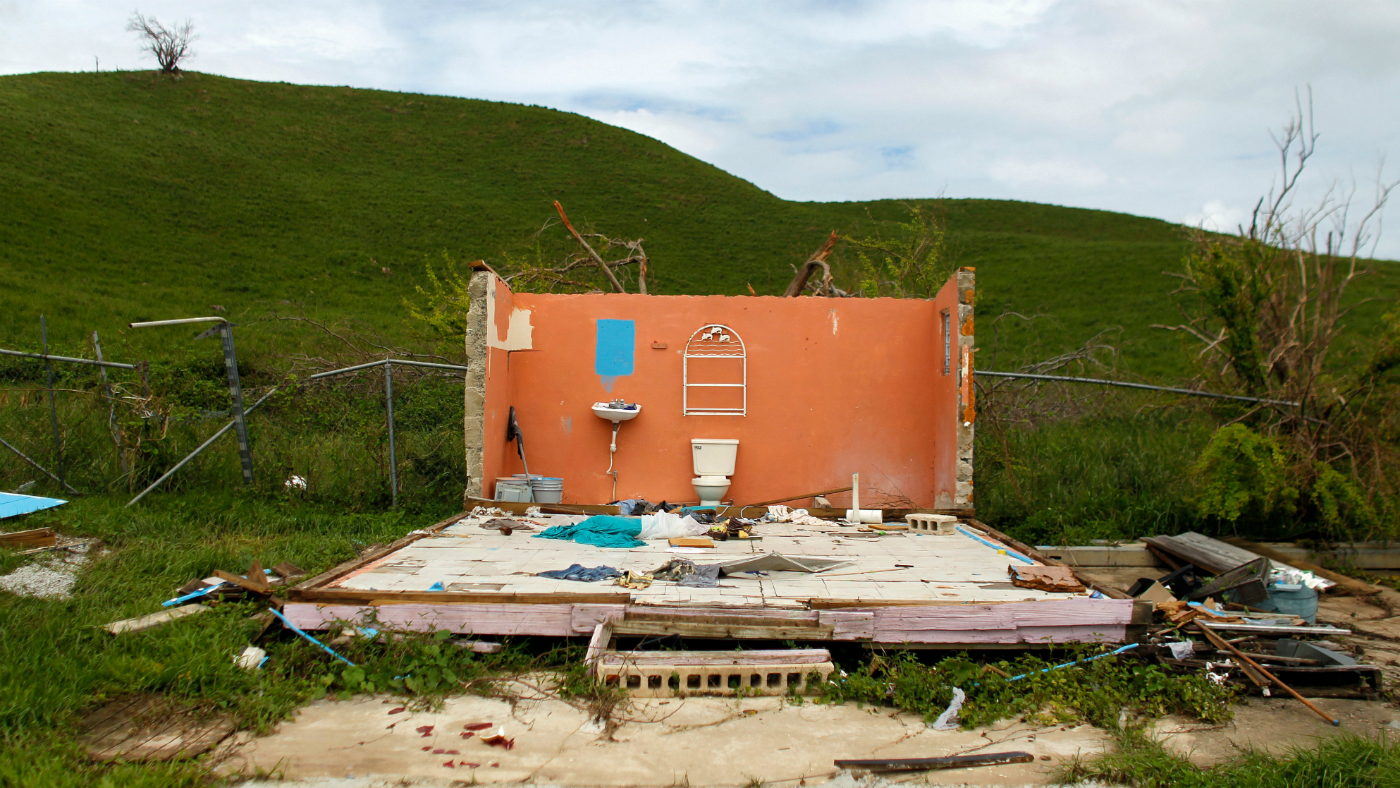 Who is to blame for Puerto Rico’s hurricane relief shambles?
Who is to blame for Puerto Rico’s hurricane relief shambles?In Depth Anger over role of the island’s electricity authority in failure of post-Maria aid efforts
-
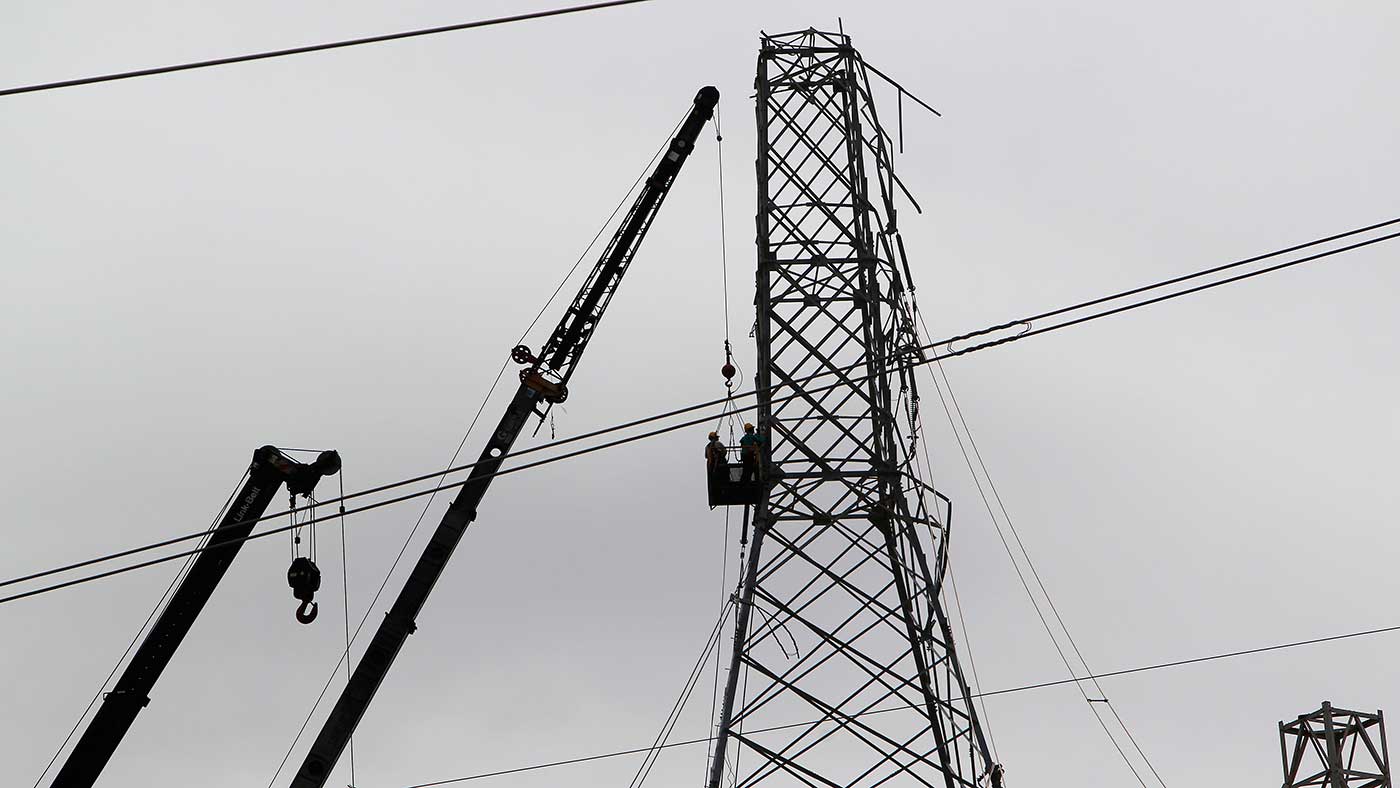 Puerto Rico to cancel energy repair contract
Puerto Rico to cancel energy repair contractSpeed Read Governor says controversy surrounding £228m agreement too ‘distracting’
